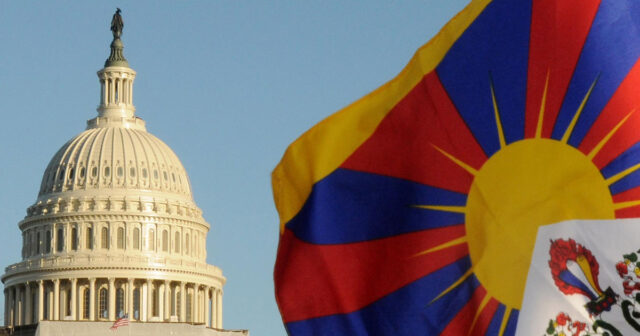The US-China relations have become much more difficult over the last two decades, particularly worsening in the Trump Administration, and more so in 2020 over matters ranging from the pandemic to trade tariffs and its cross-world coalition-building against Chinese superpower ambitions. The United States considers the Tibet Autonomous Region or TAR as part of the People’s Republic of China. This longstanding policy is consistent with the view of the entire international community, including all of China’s neighbours: no country recognizes Tibet as a sovereign state. China has continued systematically to obstruct travel to the Tibetan Autonomous Region (TAR) and other Tibetan areas by USA diplomats and other officials, journalists, and tourists, while Chinese officials and other citizens enjoy far greater access to the United States. Furthermore, the USA has also committed to work to advance the sustainable economic development, environmental conservation, and humanitarian conditions of Tibetan communities within China and abroad. The USA’s funding for the Tibetan issues for the fiscal year 2021 has been proposed to be $17 million and $1 million for the Special Coordinator for Tibetan issues.
On 20th December 2021, the Biden administration has announced a new special coordinator for Tibetan issues. According to the state department veteran diplomat, Uzra Zeya would serve as the new coordinator while remaining in her position as undersecretary for civilian security, democracy and human rights. This post comes at a very important time as the tension between both China-Tibet as well as China-US has been continuously increasing. The coordinator’s office, which works within the State Department, was established by the Tibetan Policy Act of 2002. It remained vacant for three years during the Trump administration.
Secretary of State Antony Blinken in a statement said that “She [Zeya] will promote respect for the human rights and fundamental freedoms of Tibetans, including their freedom of religion or belief, and will support efforts to preserve their distinct historical, linguistic, cultural and religious heritage.”









